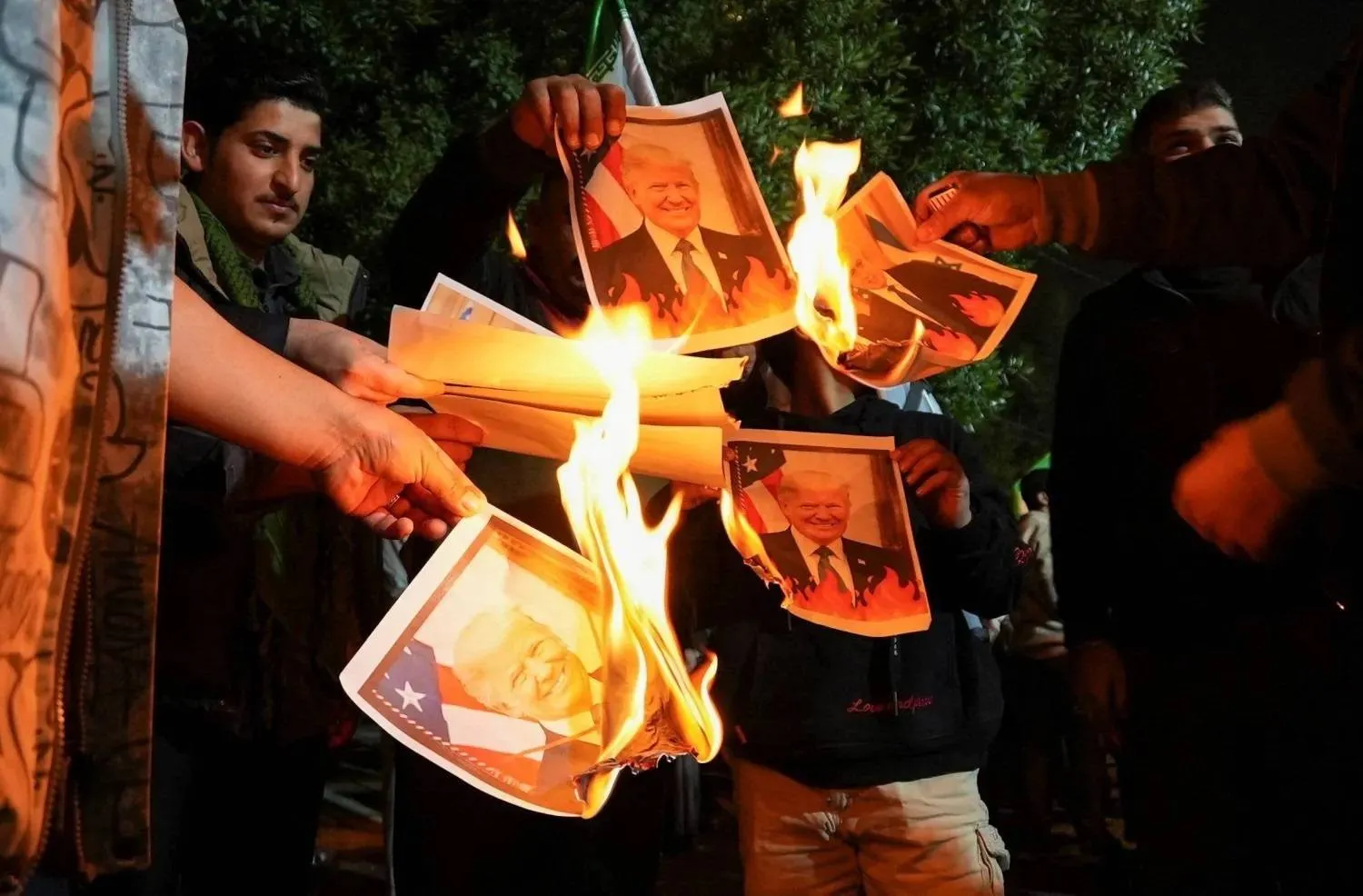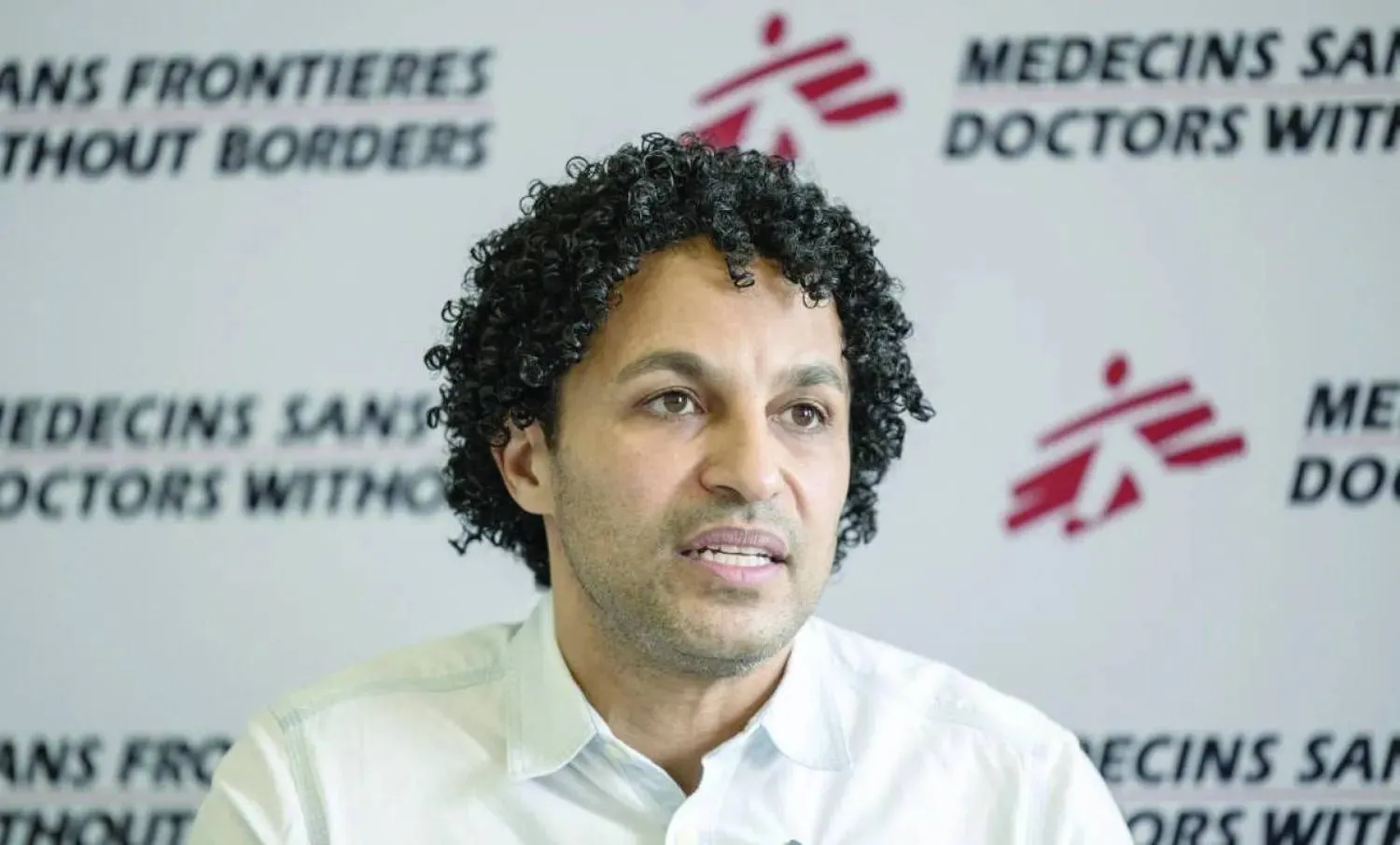The UN human rights office has verified that close to 70% of those killed in Gaza by airstrikes, shelling and other hostile actions were children and women, a senior UN rights official said.
Assistant Secretary-General for Human Rights Ilze Brands Kehris told the UN Security Council on Tuesday that "the age group most represented in verified fatalities was children from 5 to 9 years old."
According to Gaza’s Ministry of Health, more than 43,000 Palestinians have been killed and over 100,000 injured since Hamas’ surprise Oct. 7, 2023 attacks in southern Israel that killed about 1,200 people, mostly civilians, and saw some 250 taken hostage, about 100 of whom are still being held. The Gaza ministry does not distinguish between combatants and civilians but has said the majority of those killed are women and children.
Kehris said monitoring by the Geneva-based office of the UN high commissioner for human rights indicates that the unprecedented level of killing and injury "is a direct consequence of the parties’ choices of methods and means of warfare, and their failure to comply with fundamental principles of international humanitarian law."
"The pattern of strikes indicates that the Israeli Defense Forces have systematically violated fundamental principles of international humanitarian law: distinction, proportionality and precautions in attack," she said. "Palestinian armed groups have also conducted hostilities in ways that have likely contributed to harm to civilians."
Kehris criticized Israel for destroying Gaza’s civilian infrastructure including hospitals, schools, electricity grids, water and sewage facilities, which are protected under international law.
This "contributes directly to the famine risk," which hunger experts have warned is likely imminent in northern Gaza, she said, also citing the constant and continuing Israeli interference with the entry and distribution of humanitarian aid.
Over the past five weeks, Kehris said, Israeli airstrikes have led to "massive civilian fatalities in northern Gaza," especially of women, children and older, sick and disabled people. Many were reportedly trapped by Israeli military restrictions and attacks on escape routes, she said.
The UN human rights office has warned Israel against targeting locations sheltering significant numbers of civilians, and also against attacking the three major hospitals "while unlawfully restricting the entry and distribution of humanitarian assistance to northern Gaza," Kehris said.
‘Daily cruelty’
Meanwhile, Joyce Msuya, the UN’s top humanitarian official, said "acts reminiscent of the gravest international crimes" are being committed in Gaza where Palestinians face increasing hunger, starvation and potential famine – putting most of the blame on Israel.
Calling the situation in the territory after more than a year of war "catastrophic," Msuya told the Security Council that "the latest offensive that Israel started in North Gaza last month is an intensified, extreme and accelerated version of the horrors of the past year."
She accused Israeli authorities of blocking aid from entering the northernmost part of Gaza, where she said around 75,000 people remain with dwindling food and water, and supplies have been cut off while people are being pushed south. Israel says it is battling Hamas fighters who have regrouped there.
"Shelters, homes and schools have been burned and bombed to the ground," Msuya said. "Numerous families remain trapped under rubble because fuel for digging equipment is being blocked by the Israeli authorities and first responders have been blocked from reaching them."
She said hospitals have been attacked and ambulances destroyed.
Msuya stressed that "the daily cruelty we see in Gaza seems to have no limits," pointing to the town of Beit Hanoun in the north which Israel has besieged for a month and where the UN delivered the first food supplies and water on Monday.
"But today, Israeli soldiers forcibly displaced people from those same areas," she said.
"Conditions of life across Gaza are unfit for human survival," Msuya said, pointing to insufficient food and shelter items needed for the coming winter.
She stressed that problems including the violent armed looting of UN convoys, driven by the collapse of law and order, can be solved "with the right political will."
The Security Council meeting was called by Guyana, Switzerland, Algeria and Slovenia following last Friday’s report by hunger experts that called the humanitarian situation throughout Gaza "extremely grave and rapidly deteriorating" and warned that there is a strong likelihood of imminent famine in parts of the north.
Israel’s UN Ambassador Danny Danon called the report’s claims "baseless and slanderous," accusing the Integrated Food Security Phase Classification network, or IPC whose independent Famine Review Committee issued Friday’s alert, of prioritizing "smearing Israel over actually helping those in need."
He told reporters before the council meeting that the situation in Gaza, including the north, has shown improvement since October. "Yet, instead of recognizing this, the IPC chooses to ignore facts, pushing a narrative detached from reality and hostile to the truth," he said.









